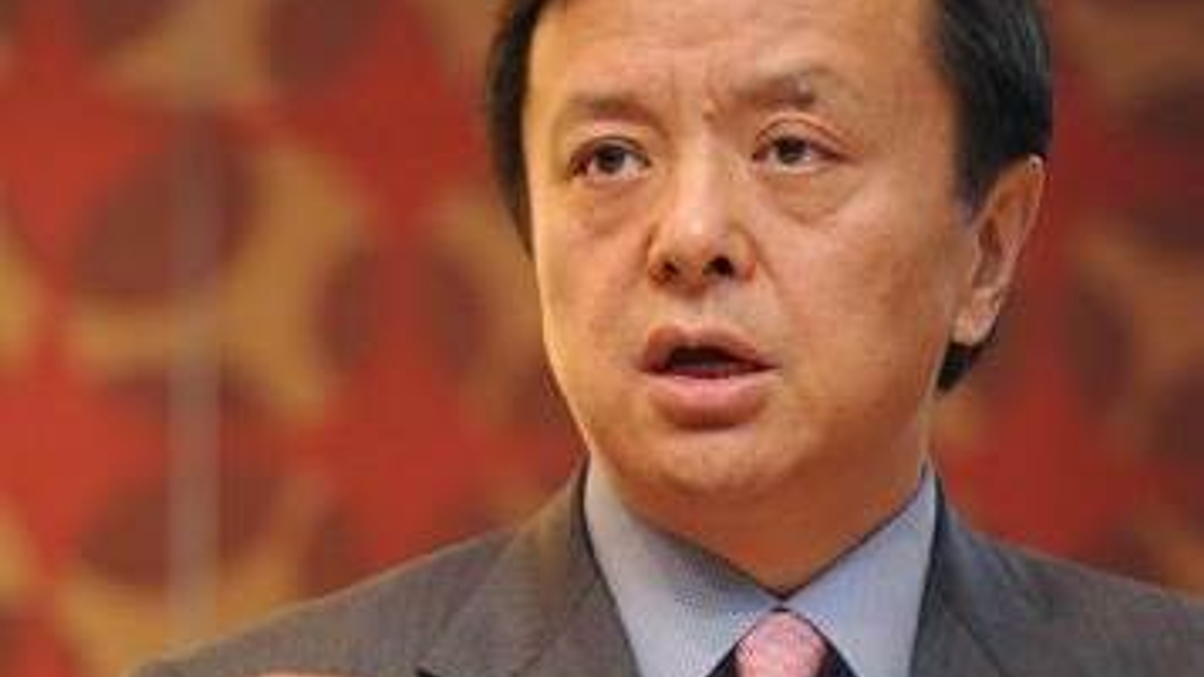Stock Connect short-selling branded restrictive
Partly delayed rules to allow short-selling on the Shanghai-Hong Kong link to boost trading from next week have been dismissed as unclear and a barrier to effective implementation.

Hong Kong exchange's move to allow Stock Connect investors to short-sell China A-shares from next week to boost turnover has attracted criticism from market players for being highly restrictive.
Sign in to read on!
Registered users get 2 free articles in 30 days.
Subscribers have full unlimited access to AsianInvestor
Not signed up? New users get 2 free articles per month, plus a 7-day unlimited free trial.
¬ Haymarket Media Limited. All rights reserved.


